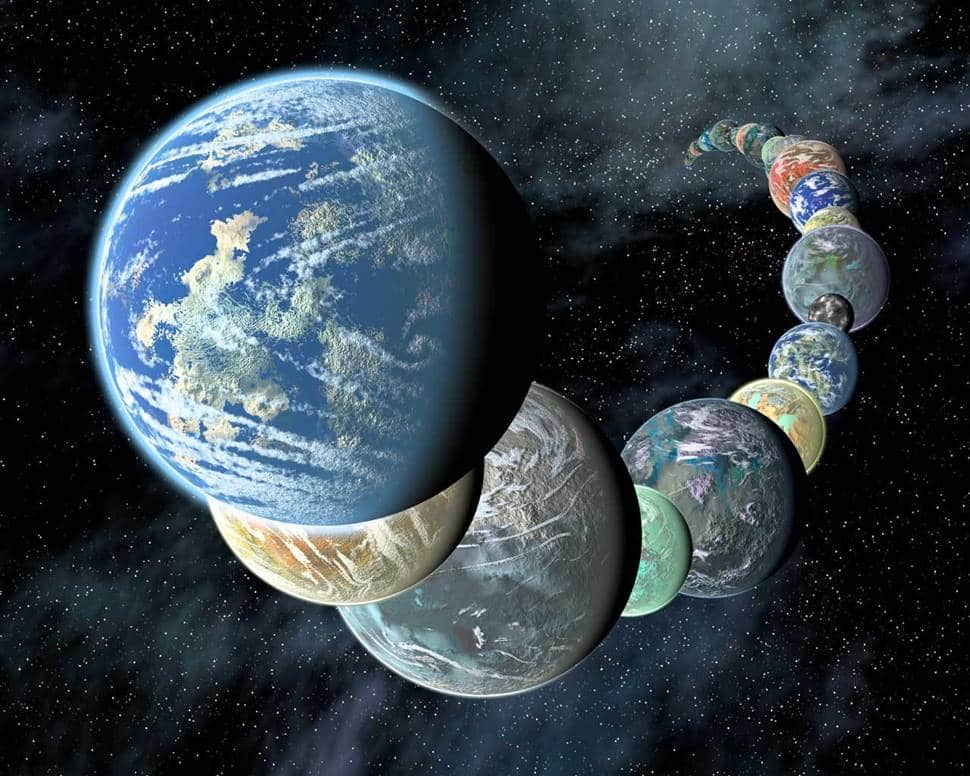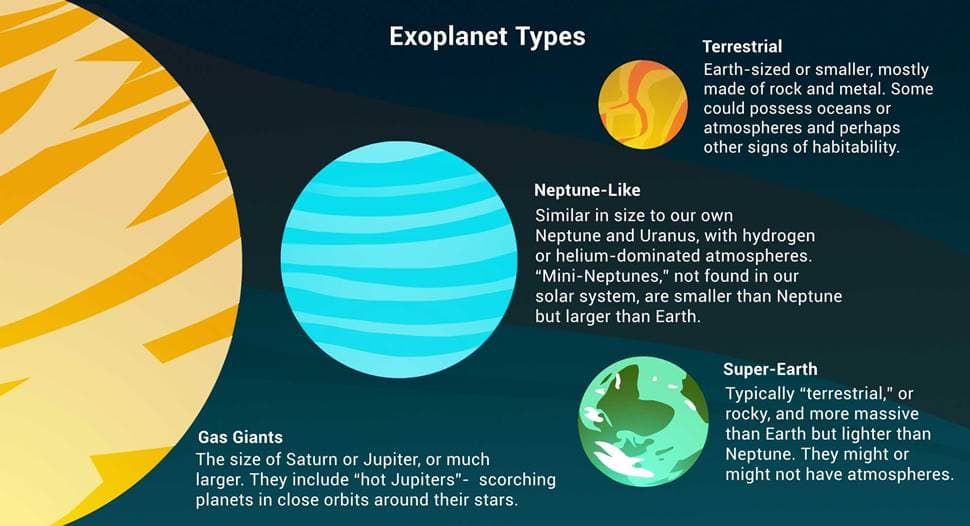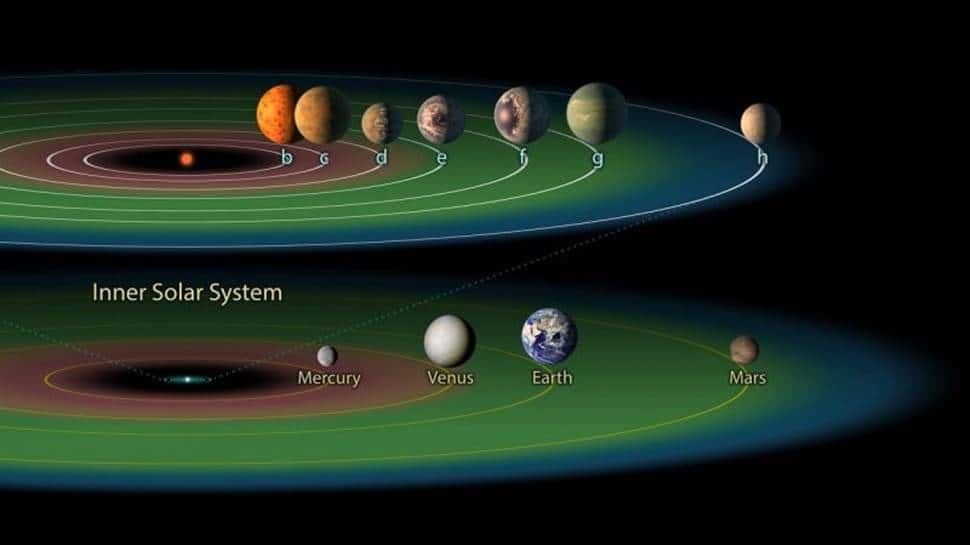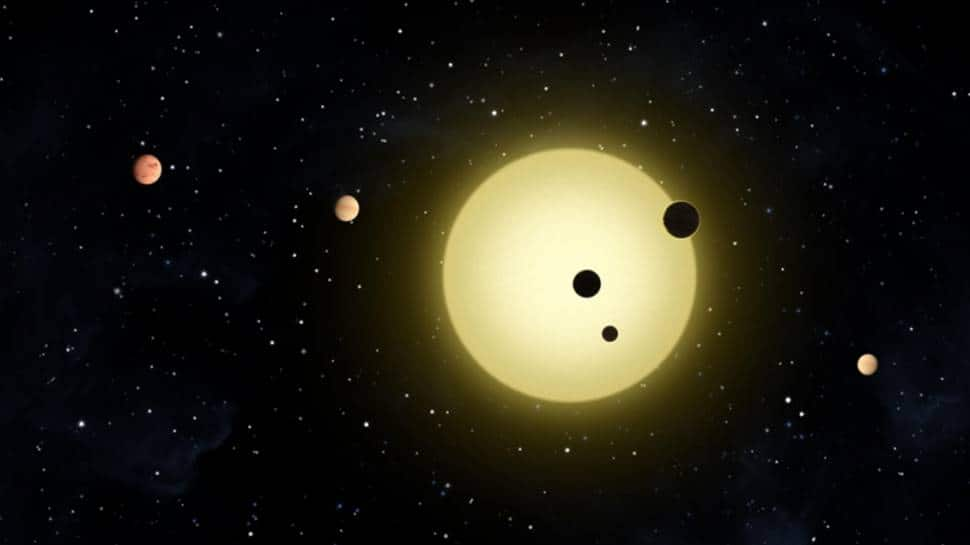OMG! Alien life on 'Hycean' exoplanets? THIS is what study claims - In Pics
Exoplanets 'Hycean planets' may support alien life
)
A team of astronomers have identified a class of planets namely exoplanets - with hydrogen-rich atmosphere, they believe these 'Hycean planets' could host life as we know it, according to a research published in 'The Astrophysical Journal'. There are numerous exoplanets which means they could be fertile territory in the search for alien life. See Pics
(Image Courtesy: National Geographic)
These planets may have similar temperatures and pressures, scientists say

"Some of the conditions in the oceans of these worlds could be similar to habitable conditions in Earth's oceans, i.e. similar temperatures and pressures, presence of liquid water and energy from the star," astronomer Nikku Madhusudhan from Cambridge University's Institute of Astronomy told ScienceAlert.
(Image Courtesy: NASA)
Previous study claims life in exoplanet possible

Previous studies suggested that the pressure on these worlds would be too high to support life as we know it. But last year, Madhusudhan and colleagues published a paper on the mini-Neptune K2-18b claiming to have found a range of conditions under which this world could, in fact, be habitable after all. Expanding on that research, they have defined the parameters under which mini-Neptunes could support life.
(Image Courtesy: NASA/JPL-Caltech/Lizbeth B. De La Torre)
Research on Hycean worlds atmospheres for biosignatures needed

In future, atmospheres of Hycean worlds can be looked to try and identify biosignatures – compounds including ozone, oxygen and methane, but on Hycean worlds, which don't have as much atmospheric oxygen, other compounds, such as methyl chloride and dimethyl sulphide, could signal the presence of life.
(Image Courtesy: Earthsky.com)
Around 4500 exoplanets identified

To date, nearly 4,500 exoplanets have been identified and confirmed out there, in the wider Milky Way. Data from the Kepler planet-hunting space telescope suggest that the most common type of exoplanet is one that we don't even have in the Solar System - mini-Neptunes, from about 1.6 up to 4 times the radius of Earth.
(Image Courtesy: Earthsky.com)
Trending Photos








